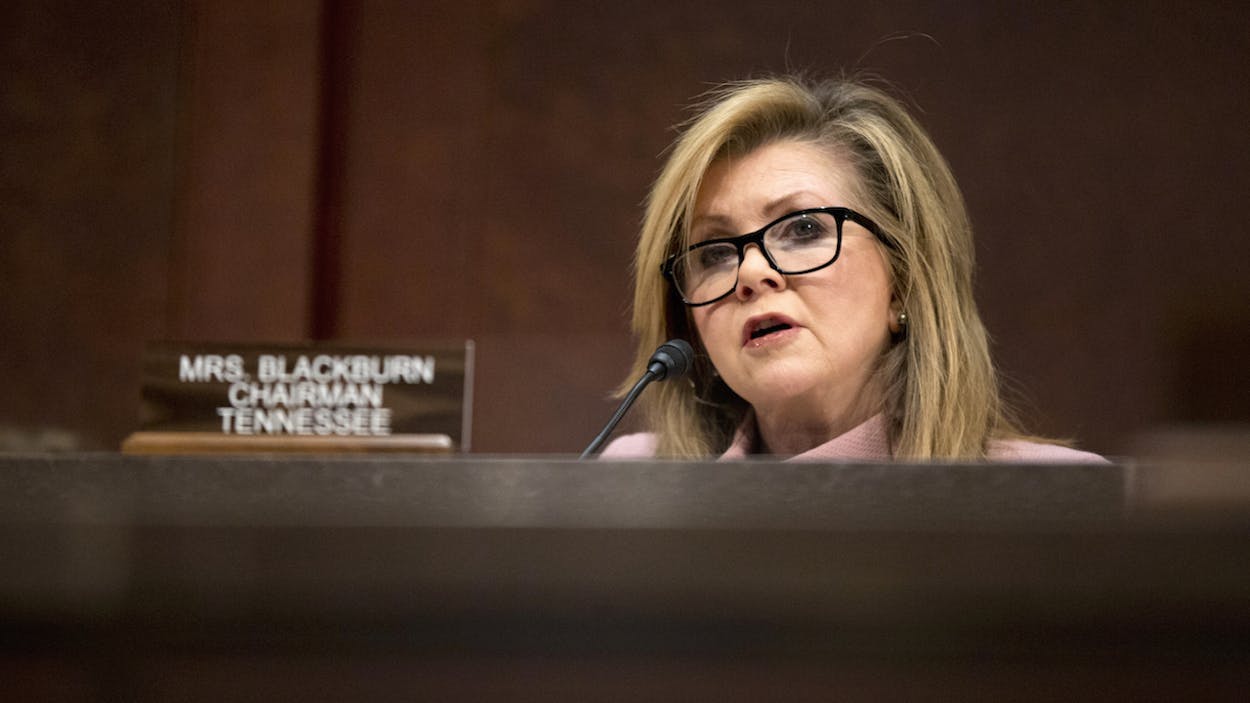The undercover Planned Parenthood videos shot by David Daleiden and Sandra Merritt have had a robust life. They’ve resulted in a number of congressional votes to defund the organization. They’ve led to criminal investigations in multiple states. And those criminal investigations have led to indictments, but only for Daleiden and Merritt, not for the people at Planned Parenthood they purportedly exposed.
Daleiden and Merritt were indicted in Texas, but the long tail of their videos has had a nationwide impact. Most recently, a U.S. House subcommittee—the House Select Investigative Panel on Infant Lives—began investigating the fetal tissue that Planned Parenthood representatives discussed on film in the videos. As the New York Times reports:
A special House committee empaneled to investigate fetal tissue research is preparing to issue 17 subpoenas to medical supply companies and laboratories, seeking the names of researchers, graduate students, laboratory technicians and administrative personnel — and prompting charges of intimidation.
Abortion rights advocates and some university officials say the House investigation into how some of the nation’s most prestigious universities acquire fetal tissue threatens to endanger the lives of scientists, doctors and their staff members. The new subpoenas will only escalate a battle that some researchers fear could shut down studies seeking cures for Parkinson’s disease, the Zika virus and other illnesses.
This is a whole new front in the war on abortion. Scientists researching cures for Parkinson’s are being wrapped up in the debate because of fetal tissue research, which is both legal and has resulted in breakthroughs such as, say, the cure for polio. Connecting these researchers to the ongoing debate surrounding abortion puts the people seeking solutions for ailments such as spinal injuries and blindness in political crosshairs, which have been known from time to time to become literal crosshairs.
The universities involved in the panel’s hearings have taken the potential risks to heart. The Times reported that “many of the universities and organizations blacked out names and other identifying information before submitting hundreds of pages of research documents in response to the committee’s earlier requests for information” because of security concerns, which is why the committee started issuing subpoenas. According to The Hill, the committee’s ranking member opposed the chair’s decision to request names.
The chairwoman of the committee, Rep. Marsha Blackburn (R-Tenn.), on Wednesday informed the ranking member, Rep. Jan Schakowsky (D-Ill.), of her plan to issue 17 new subpoenas, Democrats say.
Some of the subpoenas are for organizations that redacted names in previously submitted documents, according to Democrats.
“There is no legitimate need for the names of researchers, students, clinic personnel and doctors; and amassing a database that could be released publicly at any time is a threat to anyone whose name might be on that list,” Schakowsky said in a statement Thursday.
Blackburn said that the names of researchers were necessary “to follow the trail,” offering little more in the way of clarification. But even issuing the subpoenas can have a chilling effect. If there is no better reason than the vague “follow the trail,” how can those testifying be sure that their names will be kept safe from the next “warrior for the babies” who decides to go after a trendy target?
All of this is heavy stuff. But the nature of our ongoing battle over abortion has a history of throwing a lot of law-abiding people into a fight with a lot of moving goalposts. In Texas, of course, abortion clinics that were previously operating legally had the framework for their business changed in ways that would render them illegal—a move that put Texas on the defensive in front of the Supreme Court—so watching politicians look for ways to challenge medical work isn’t new here. Abortion providers, though, tend to at least be aware of the fact that they’re engaged in political work by the very nature of what they do.
Grad students studying cures for Parkinson’s, on the other hand, are less likely to have considered the political implications of their work—and those implications could lead to the next breakthroughs and treatments coming a lot slower if their work is disrupted.








